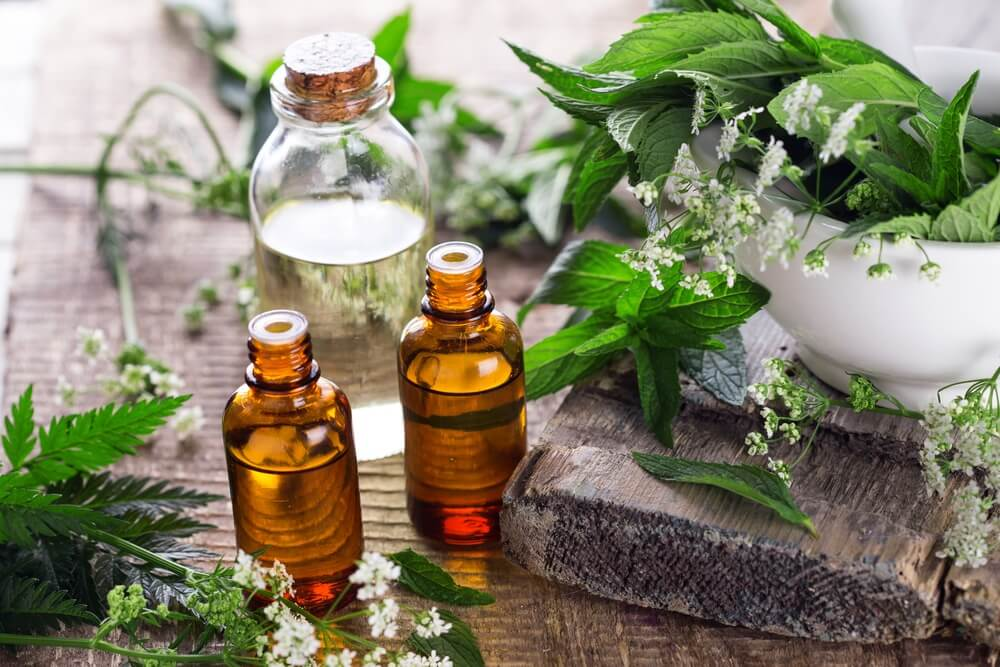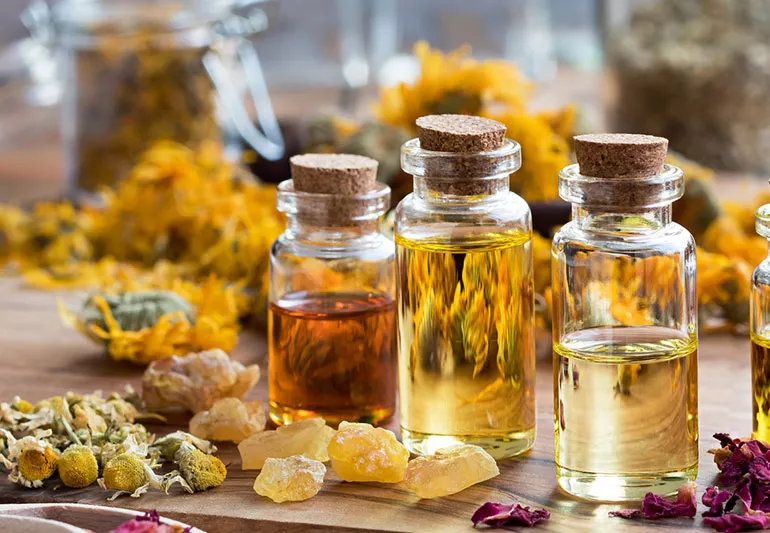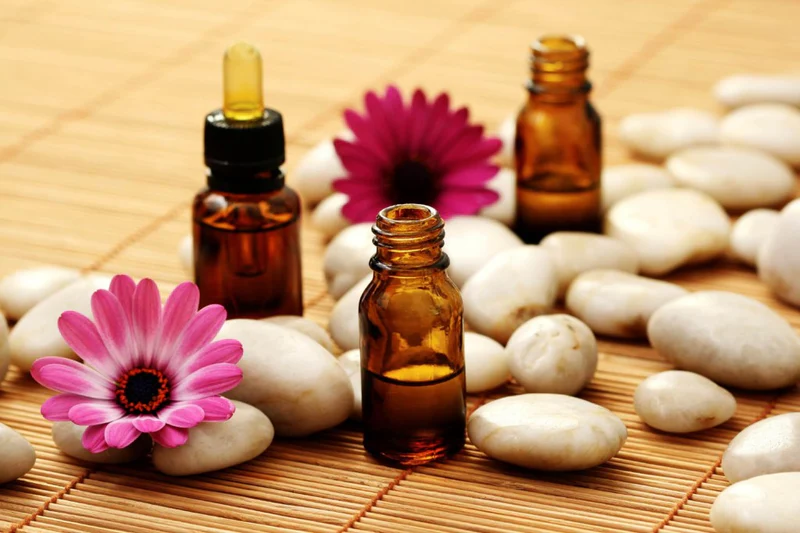
Aromatherapy may be regarded as a general prophylaxis for quite a number of illnesses as it makes use of essential oils, which are known to aid in enhancing both the physical and emotional health. Aromatherapy, like any other therapy, has its own complications and disadvantages that should be taken into consideration. Any individual who attempts the therapy needs to educate himself about certain measures in the process which will be for one’s safety and enhanced treatment for the disease.
What are the side effects of aromatherapy therapy?
The side effects of aromatherapy include skin irritation, allergic reactions, headache, and nausea. More often than not, these effects will appear due to wrong applications or hypersensitivity to those specific aromas. For that matter, concentrated fumes, such as tea tree or lavender, may result in skin rashes, whereas with strong odors over a longer period of time, one might develop a headache or dizziness. Other effects include respiratory problems, which can also irritate asthma.
The adoption of proper measures can considerably reduce most of these risks in the use of high-quality oils and recommending dilutions. Never apply any essential oil on the skin without first performing a patch test, and always consult with a healthcare professional if one has any pre-existing health condition.
Does aromatherapy cause allergic reactions?
Aromatherapy itself, in turn, may effect allergic reactions among that hypersensitive group of people sensitive to particular perfumed or aromatic essences. Skin rashes, urticaria, or respiratory attacks could be among the signs. Some essential oils can become allergens upon contacting some hypersensitive people or those who have some previous condition of allergic disorders or asthma, such as eucalyptus or peppermint.
The application of any oil without proper dilution of the selected oil directly on the skin increases the possibility of an allergic reaction. Always perform a patch test before using any essential oil on a larger area of the body. If symptoms such as itching, redness, or difficulty breathing occur, stop right there and take further advice from a doctor.

Are there any precautions to observe in applying aromatherapy?
Yes, the caution includes dilution before the application of essential oils, avoiding ingestion unless one is instructed by a professional to do so, and keeping the area well-ventilated in cases where the oils are diffused. The essential oils are very potent; therefore, they should never be applied directly to the skin but rather always mixed with another oil-the carrier oil-such as jojoba or coconut oil-to avoid irritation of the skin.
In cases of internal consumption, it is necessary to consult first either with a certified aromatherapist or with a health professional, since not all essential oils have been declared safe for consumption.
Diffusing essential oils should be done in a very well-ventilated area to avoid overwhelming the scents that may give headaches or discomfort to the respiratory area. Also, keep essential oils out of the reach of children and pets since they are accidentally ingested or released to them.
Who should not have aromatherapy?
People with respiratory disorders, pregnant women, young children, and people with sensitive skin should not have aromatherapy. An example of this includes how some essential oils may behave like an asthma trigger or an allergen among predisposed persons. Pregnant women have to avoid specific oils, like rosemary and clary sage, because of the potential of these oils to stimulate uterine contraction.
This includes peppermint, which is too strong and may cause respiratory distress in infants and small children. If you are pregnant, breastfeeding, or in one of the other noted categories or if you have certain health issues, consult a health professional ahead of time to make sure aromatherapy treatments will be safe for you.

Can aromatherapy interact with medications?
Yes, many essential oils possess a strongly active nature, and consumption with some medications, like blood thinners, antidepressants, and anti-seizure ones, may reduce their effectiveness or increase side effects.
For example, there are various literatures that mention clove and cinnamon as acting like blood thinners. Consumption of this oil with anticoagulant medication increases the tendency to bleed. Other than this, interference in the enzymatic activity of the human body while it is metabolizing certain drugs is brought about by certain oils. These oils may increase or decrease the amount of a particular drug within the body.
Also, if one is already on medication of any kind, they should consult their health professional before engaging in this type of therapy because this could open the way for adverse interactions and ensure that the therapy will support the current treatment.
Does aromatherapy cause headaches?
Yes, it does if the essential oils are highly concentrated or used for too long in a place with poor ventilation. The usual too pungent odors of peppermint, rosemary, and eucalyptus overstimulate and lead to tension headaches or migraines that may appear in people with sensitivity to strong odors.
This is made worse in a closed environment devoid of proper aeration whereby the fragrance would be irritatingly unbearable within minutes in a concentrated fragrance. To this effect, you are always to use the recommended number of drops. Ensure your room is well-ventilated; take short breaks if one is doing an extended session of aromatherapy. In case of persistent headaches, stop and consult a specialist.
In Conclusion
While there are plenty of benefits tagged along with aromatherapy, learning about the hazards and the safety precautions during aromatherapy will prove to be worthy for their safety. You will learn about the side effects, interaction with other medicines, and also potential risks in certain groups of people, children, pregnant, and pets. Also, the pros will be able to inform you in advance based on your condition whether the aromatherapy will be safe and complementary to your well-being.

